When it comes to introducing solids to infants, parents often have questions about specific foods like peas and chickpeas for baby. Peas are a nutritious option packed with vitamins and minerals, making them an excellent addition to a baby’s diet. Similarly, chickpeas for baby offer protein and fiber, essential for growing.
Chickpea protein for babies is a nutritious option to support their growth and development during the transition to solid foods. Introducing chickpeas for babies through homemade chickpea baby food, such as a smooth and creamy chickpea puree, provides a delicious and nutritious option for their early meals. One popular way to incorporate chickpeas for baby is by making homemade hummus for babies. Homemade hummus for babies can be easily prepared with chickpeas, tahini, lemon juice, and a touch of garlic. This nutritious blend provides babies with essential nutrients while introducing them to new flavors and textures. By offering chickpea puree and hummus for babies, parents can support their baby’s development and establish healthy eating habits from an early age.
Chickpeas, part of the legume family, offer rich nutritional value for babies, including vegetable protein, zinc, iron, fiber, and phosphorus. If you’re curious about introducing chickpeas for baby’s diet, read on.
Chickpeas are a fantastic option for your little one, but when should you start incorporating them into their meals? These versatile legumes, with their mild flavor, can be mashed into a nourishing puree. We’ll guide you through the process of introducing peas to your baby.
Recipes with Chickpeas for Baby
Simple Chickpea Puree (+8 months)
Ingredients
- 3 tablespoons of soaked chickpeas
- 1 small potato and tomato each
- Water as needed
Instructions
- Cook chickpeas first, adding tomatoes and potatoes towards the end.
- Drain and blend until smooth, adjusting consistency with cooking water.
- Avoid adding salt for babies under one year.
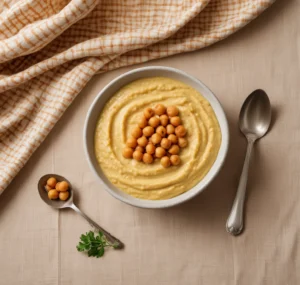
| See this great recipe for Chickpea Pancakes. |
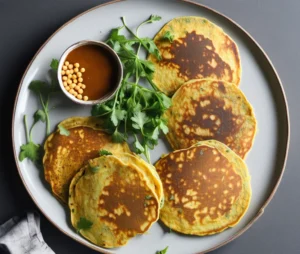
Homemade Hummus for babies (+18 months)
Ingredients
- 1 cup of cooked chickpeas
- 1/4 cup of fresh lime juice
- 1 large clove of garlic, grated
- 1 tablespoon of extra virgin olive oil
- 1/2 cup of homemade tahini sauce
- A pinch of sea salt
- 1/2 cup of chopped parsley
Instructions
- Blend lime juice, garlic, and salt until smooth, then let it rest for ten minutes.
- Add homemade tahini sauce and blend, adding warm water gradually.
- Incorporate chickpeas and blend until creamy, then adjust texture with olive oil.
- Store in the refrigerator for up to a week and serve with assorted vegetable slices.
| Read and learn another Homemade Hummus Recipe. |
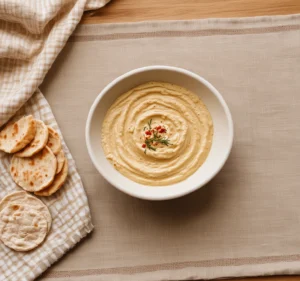
Nutritional Benefits of chickpeas for baby
Here’s a breakdown of the nutritional content of chickpeas per 100 grams:
- Water: 11.53 grams
- Energy: 364 kcal
- Protein: 19.3 grams
- Total fat: 6.04 grams
- Carbohydrates: 60.65 grams
- Fiber: 17.4 grams
- Sugars: 10.7 grams
- Calcium: 105 mg
- Iron: 6.24 grams
- Magnesium: 115 mg
- Potassium: 875 mg
- Sodium: 24 mg
- Zinc: 3.43 mg
- Vitamin C: 4 mg
- Thiamine: 0.4 mg
- Riboflavin: 0.212 mg
- Niacin: 1.54 mg
- Vitamin B-6: 0.535 mg
- Folate: 557 mcg
- Vitamin A: 67 IU
- Vitamin E: 0.82 mg
- Vitamin K: 9 micrograms
According to the US Food and Drug Administration, chickpeas are deemed safe for infants, making them a healthy addition to their diet.
When Can babies eat peas?
Nutritionists suggest introducing legumes around 6 months of age, with chickpeas best introduced between 8 to 10 months, depending on your child’s development. It’s always wise to consult with a pediatrician before making dietary changes.
Health benefits of chickpeas for baby
- Promotes Growth and Development: Rich in quality protein, peas support muscle growth and enzyme formation, crucial for your baby’s development.
- Enhances Brain Development: Essential fatty acids in peas aid brain development and cognitive functions, vital in the early years of life.
- Prevents Anemia: Iron-rich chickpeas help prevent anemia, common in infants, although pairing them with vitamin C-rich foods enhances iron absorption.
- Supports Bone and Teeth Health: Calcium in peas supports bone and teeth growth in babies.
- Maintains Intestinal Health: Peas provide probiotic-containing carbohydrates crucial for intestinal health, aiding digestion and preventing constipation.
- Regulates Bowel Movements: Dietary fiber in peas promotes regular bowel movements, especially beneficial for formula-fed babies prone to constipation.
- Aids Physiological Functions: Folate in peas supports cell growth and red blood cell production, vital for overall health.
- Strengthens Immune System: Zinc in peas strengthens the immune system, crucial for fighting off infections.
Despite their benefits, peas can cause complications:
- Flatulence: Oligosaccharides in peas may lead to gas production, so moderation is key.
- Antinutritional Compounds: Compounds like tannic acid can interfere with nutrient absorption.
- Allergy: Pea allergies are possible, so monitor for symptoms like skin itching or difficulty breathing.
Additionally, whole chickpeas pose a choking hazard, so ensure they’re thoroughly mashed before serving.
As for chickpeas, they pose a choking risk for babies due to their round and firm texture. To ensure safety, crush cooked chickpeas thoroughly between your fingers and remove any skins that peel off.
Essential Tips for Preparing Chickpeas for baby
When cooking for your baby, prioritize their health and safety. Follow these tips to ensure properly cooked chickpeas:
- Thoroughly wash the chickpeas with water, removing any dirt or debris by hand.
- Soak the chickpeas overnight, changing the water several times to improve digestibility. If time is limited, soak in hot water for 6-7 hours.
- Adjust soaking time to prevent over-swelling, ensuring beans are soaked as needed.
- Chickpeas remain edible for up to a year, but older ones may require longer cooking times.
- To reduce bloating, add a small amount of garlic and ginger to the cooking pot or pressure cooker.
- Acidic ingredients like tomatoes should be added after cooking to avoid slowing down the process.
- Mash cooked chickpeas thoroughly before pureeing to prevent choking hazards.
- Avoid adding baking soda to soften chickpea skins, as it increases sodium content and may harm your baby’s kidneys.
- Due to their heaviness, introduce chickpeas to your baby in small amounts.
Can Babies Eat Canned Peas?
Yes, canned peas are safe for babies, but they often contain high sodium levels due to additives. Thoroughly rinse canned chickpeas before use to remove excess sodium.
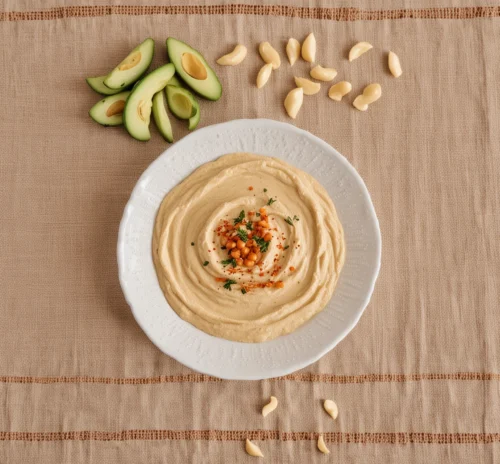
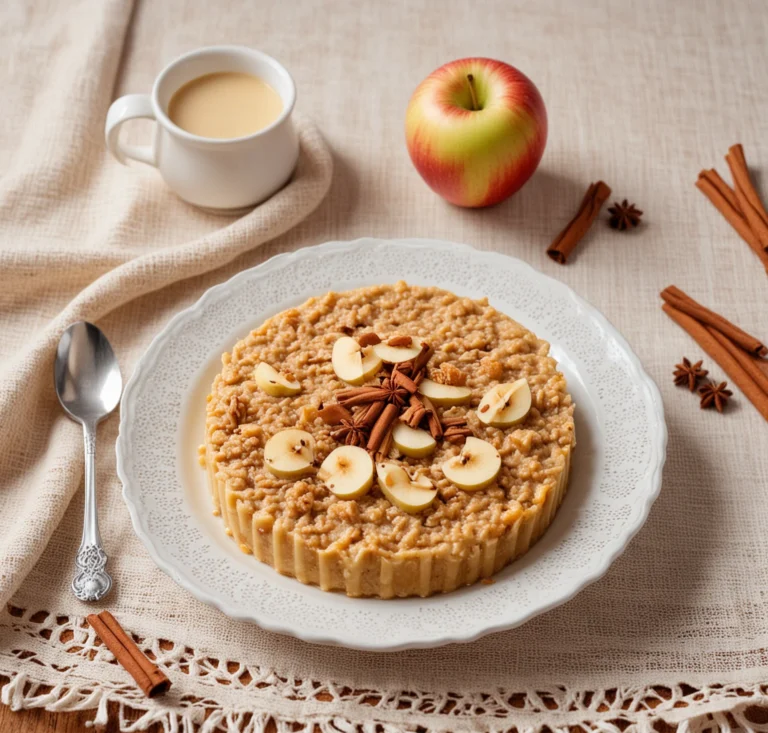
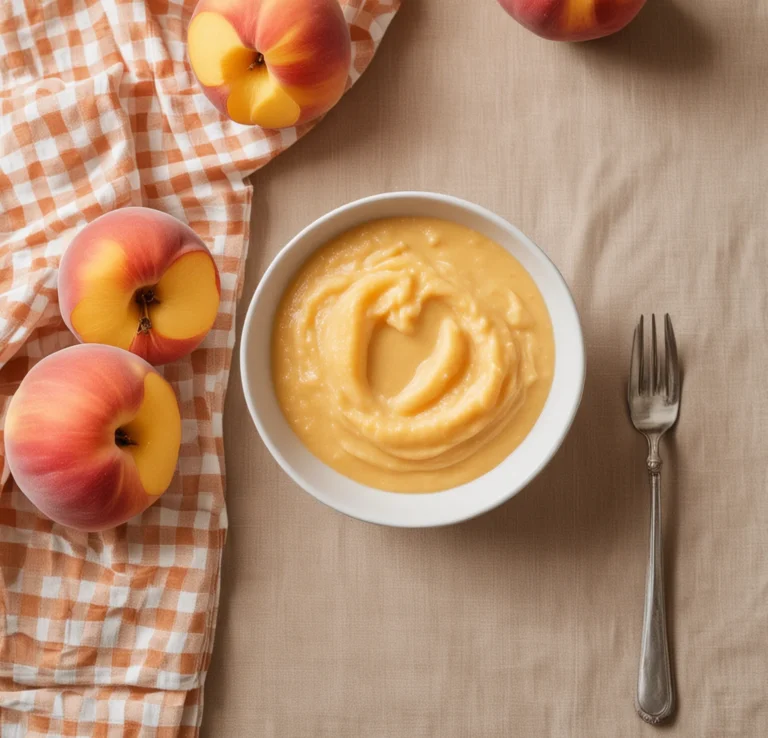
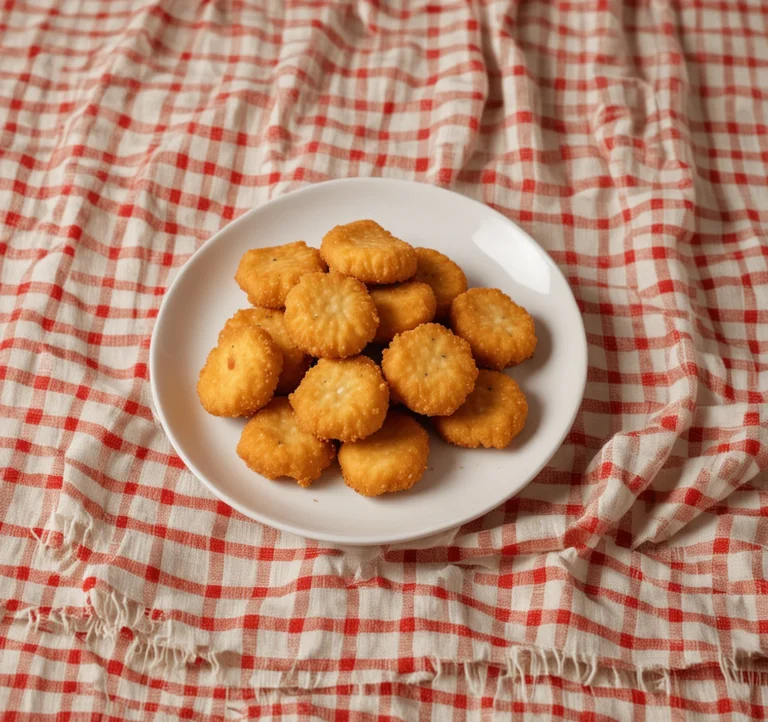
[…] Check out the article about Chickpeas for Baby; Nutritional Benefits and a homemade Hummus for babies. […]